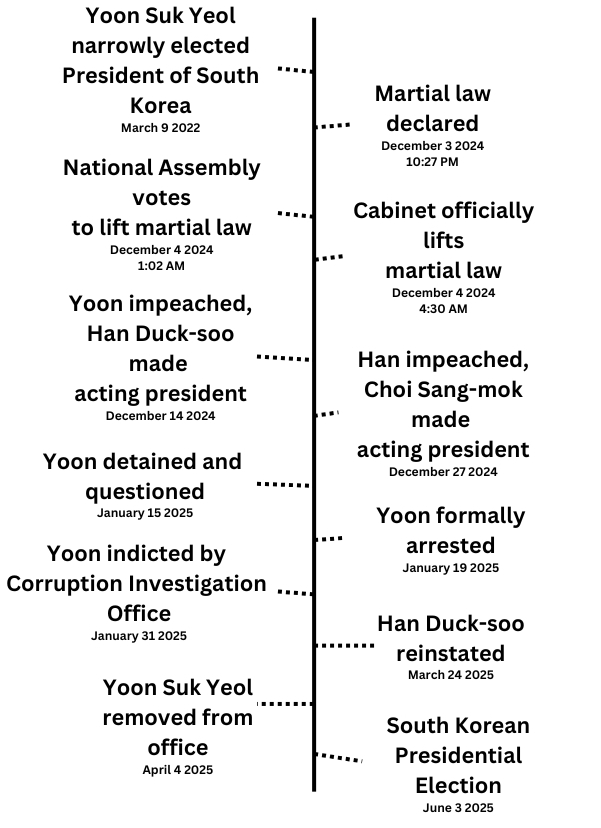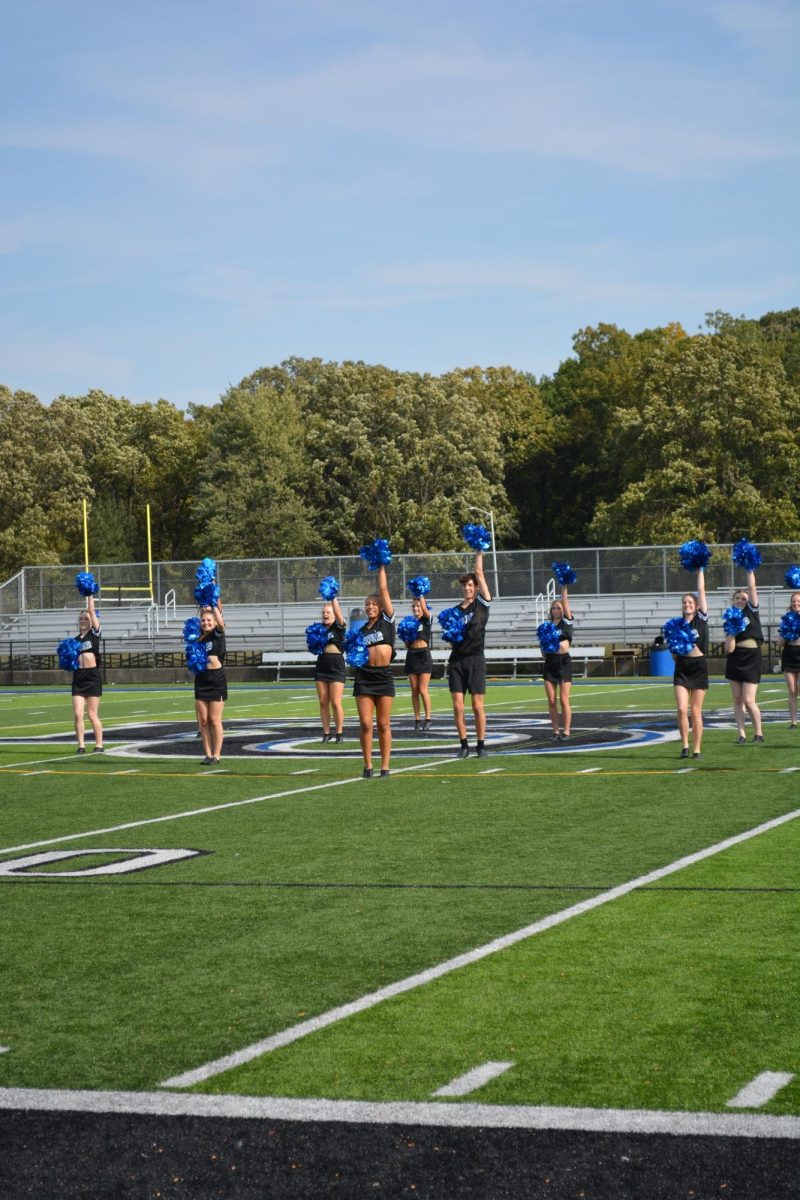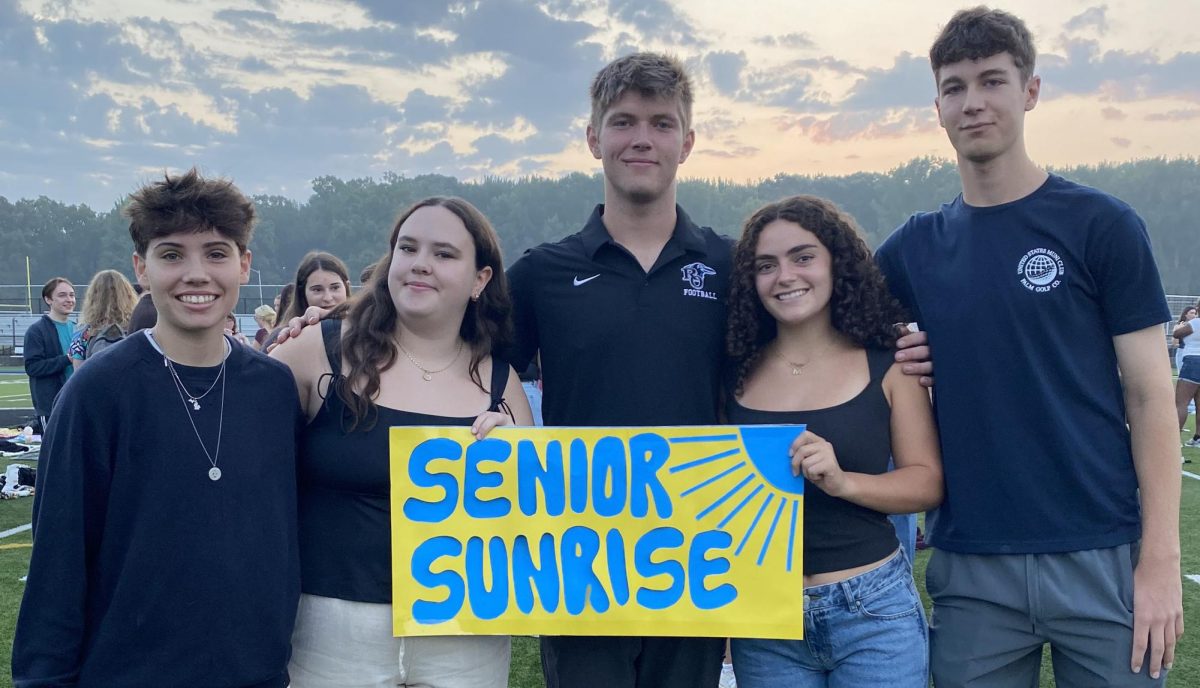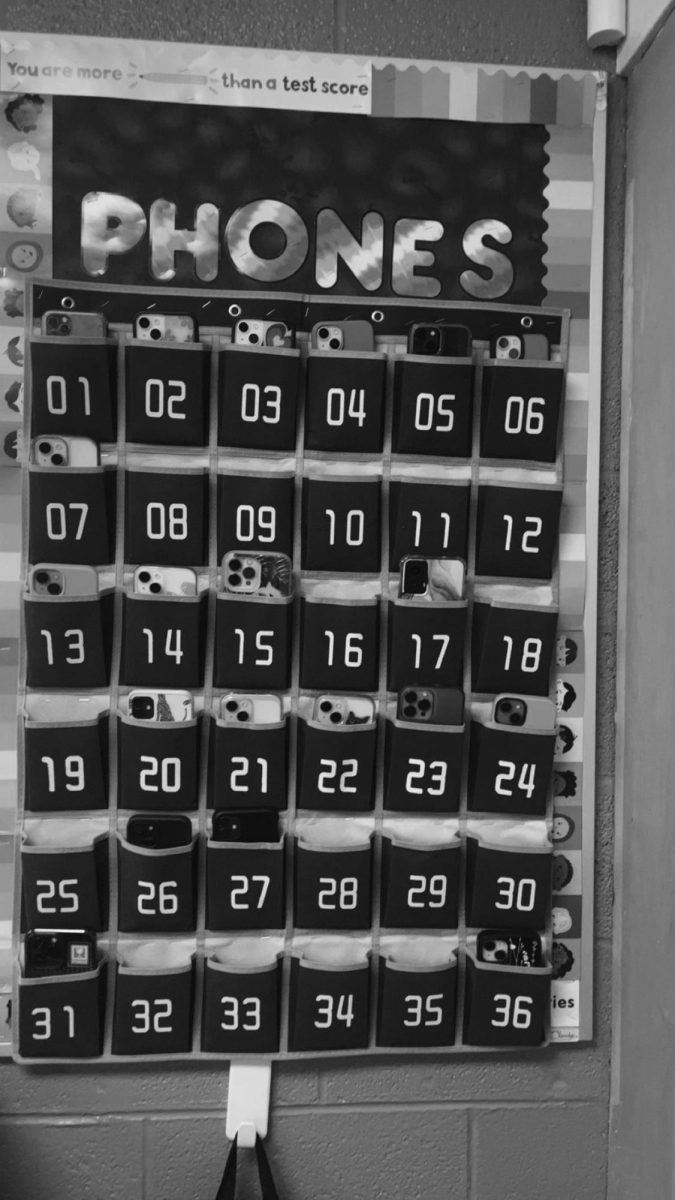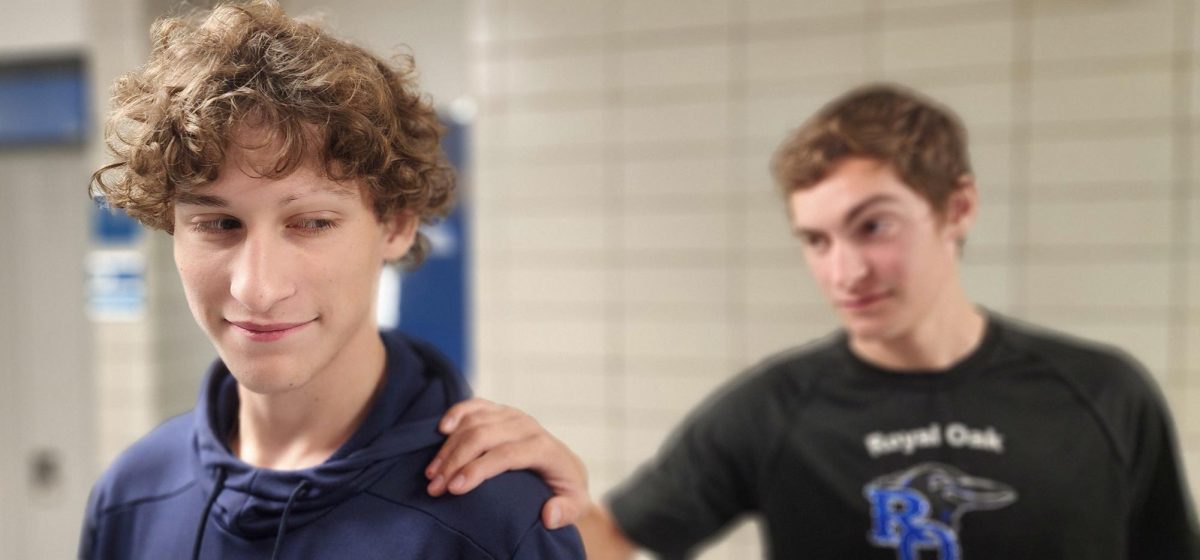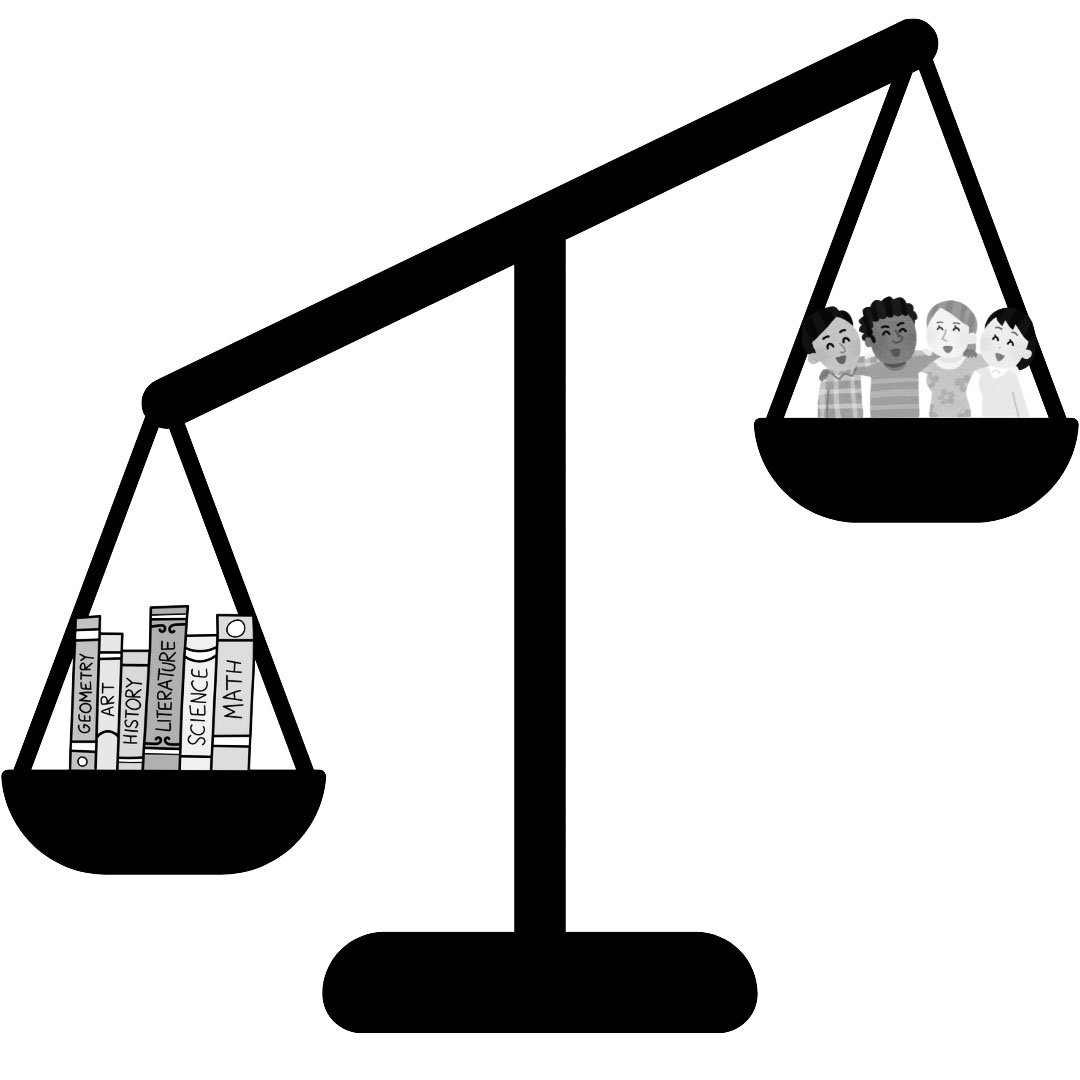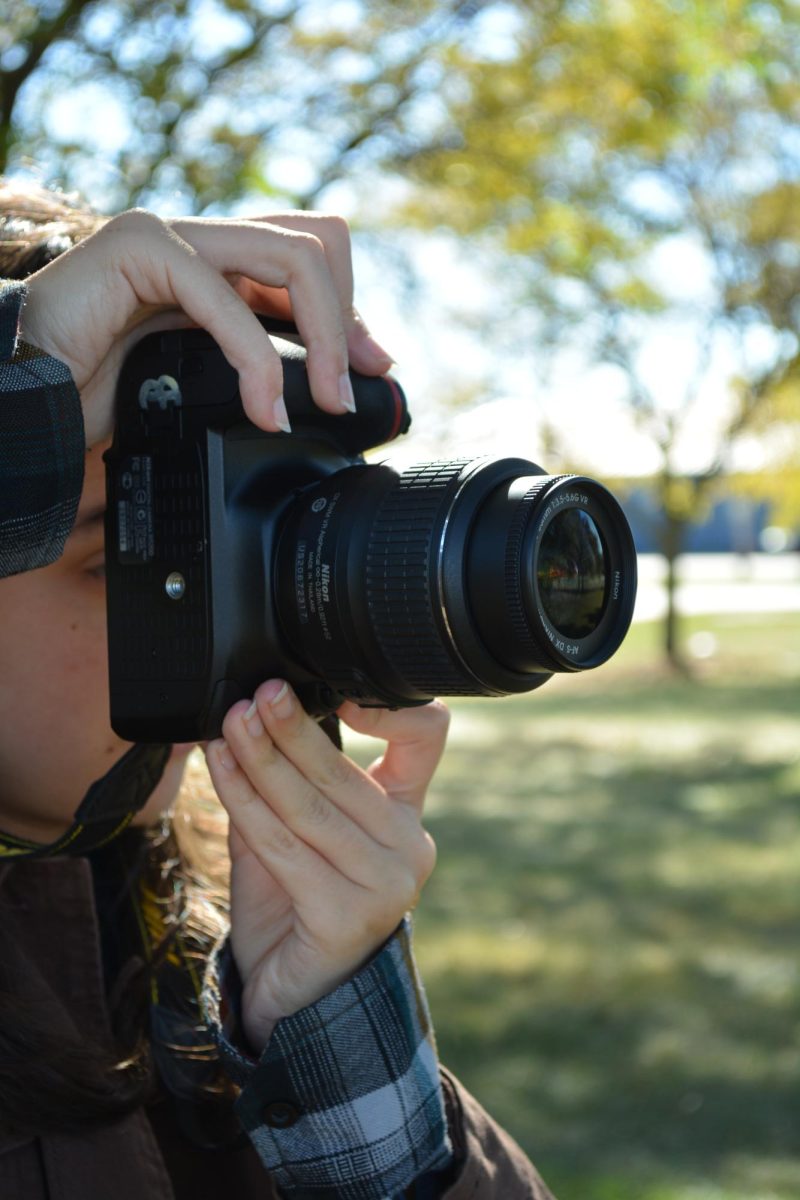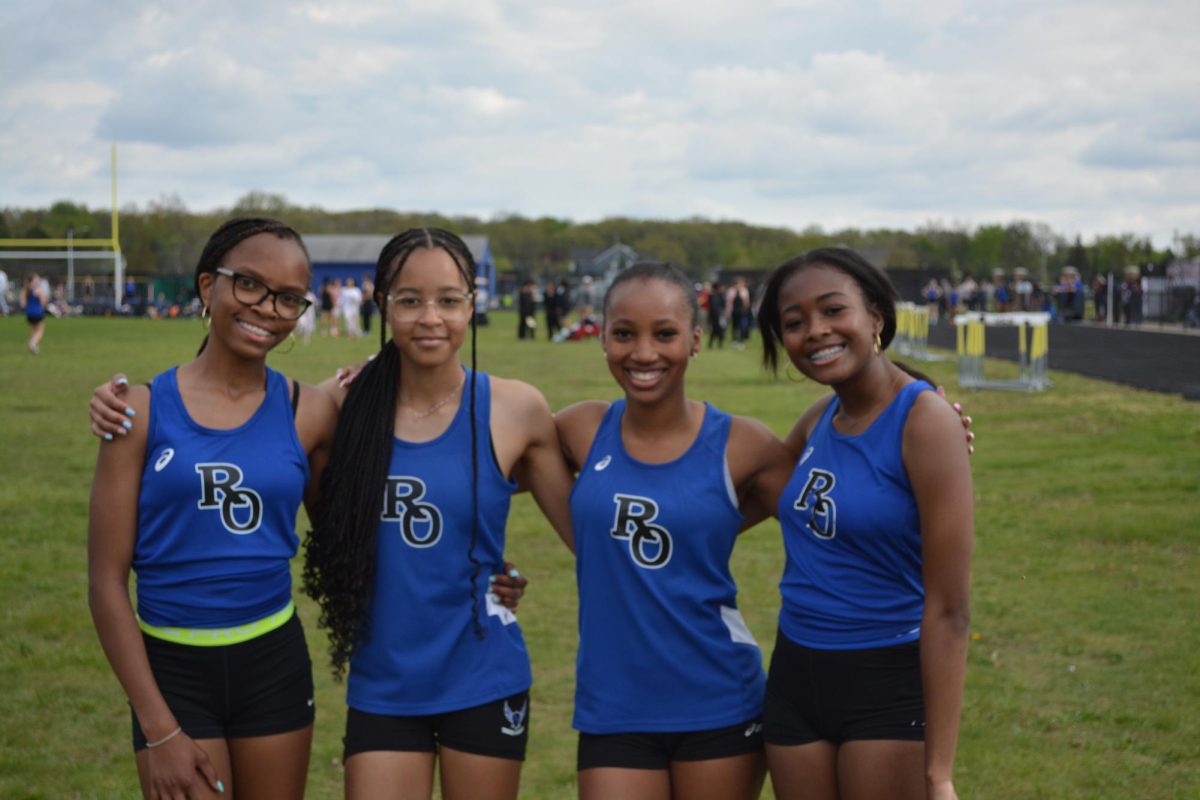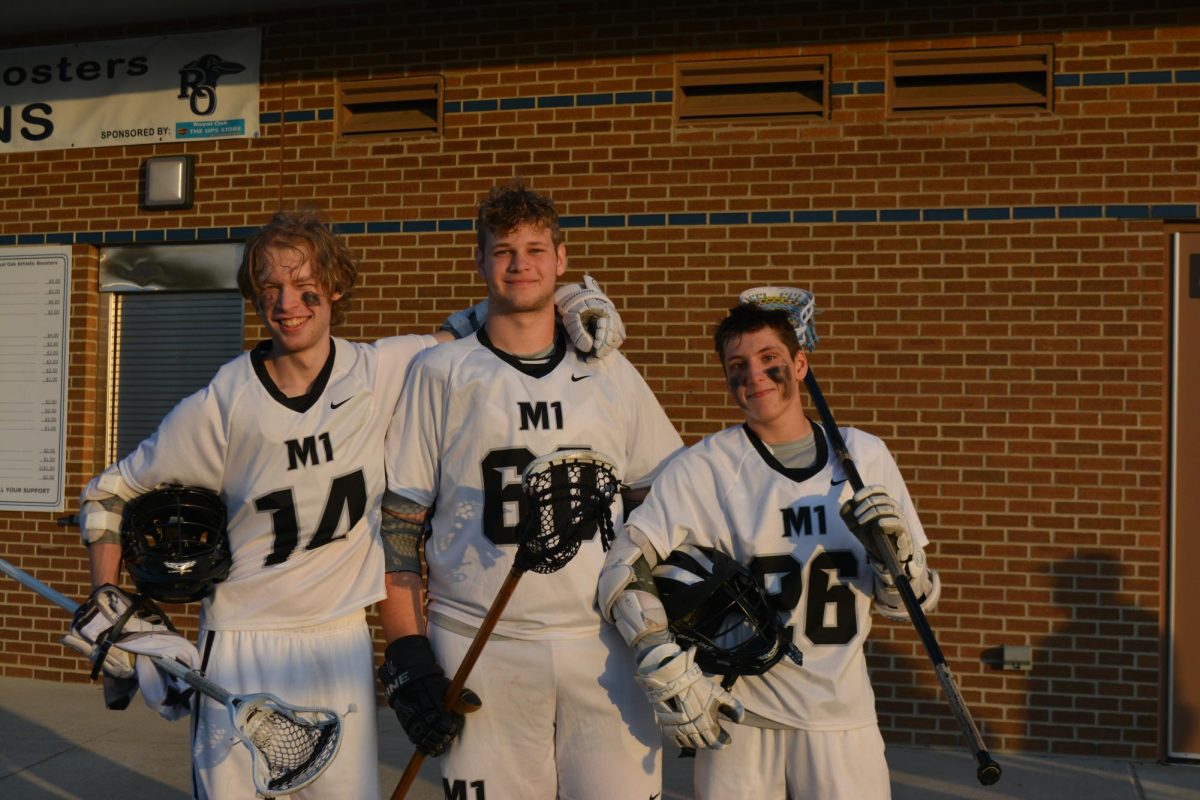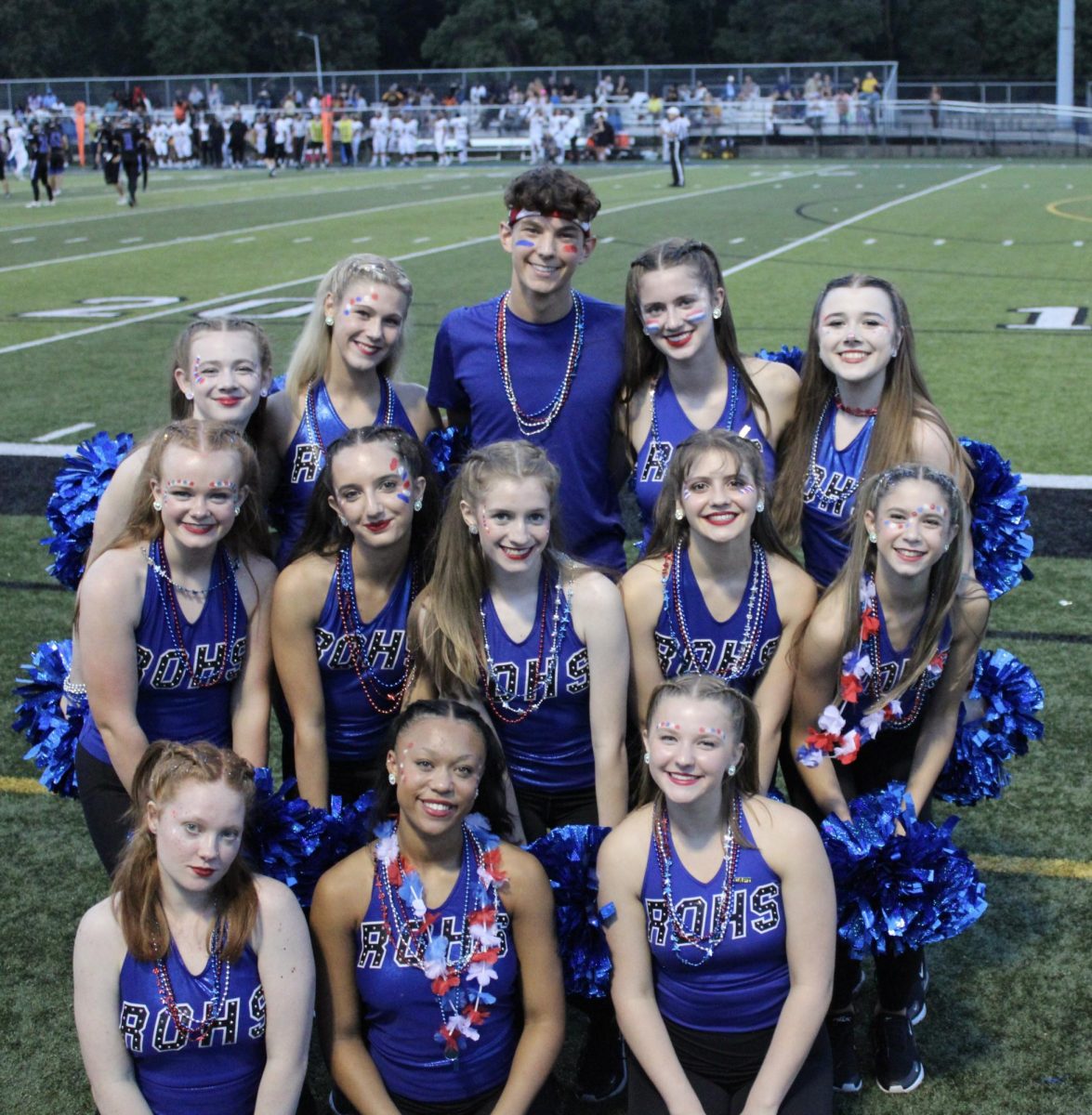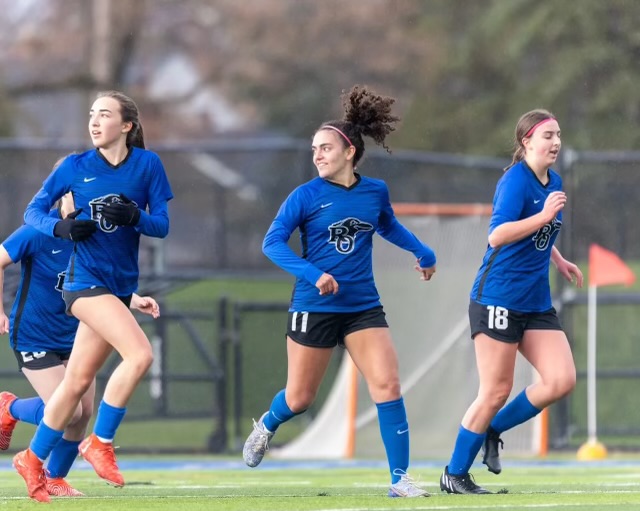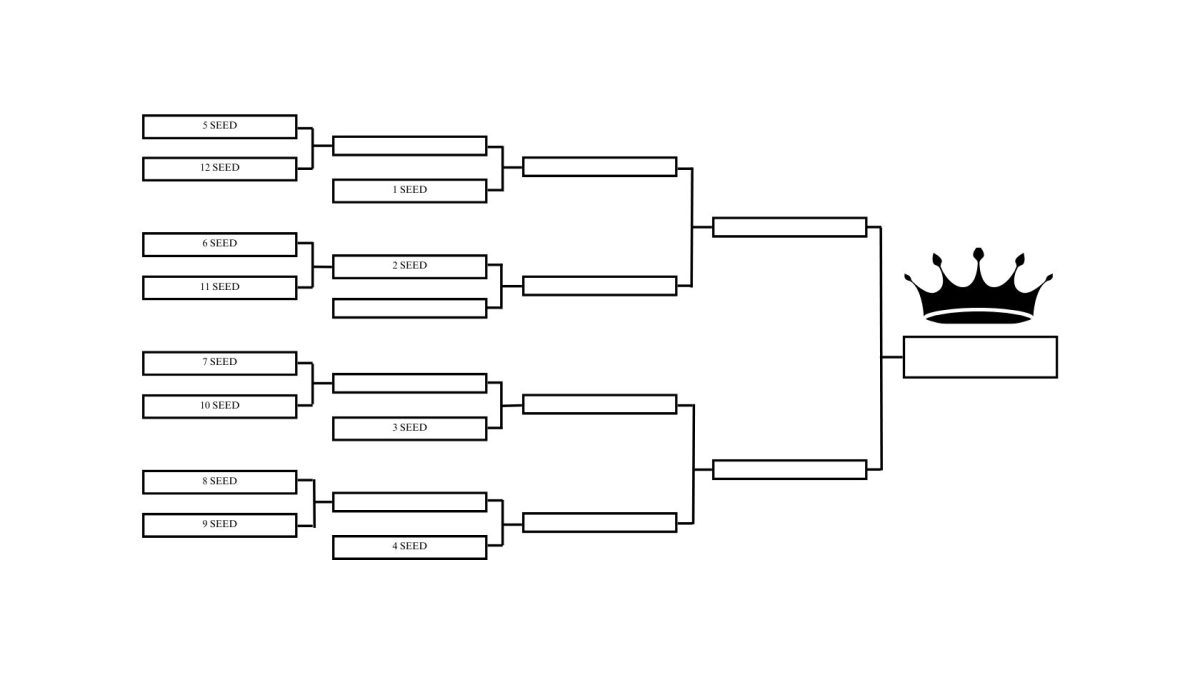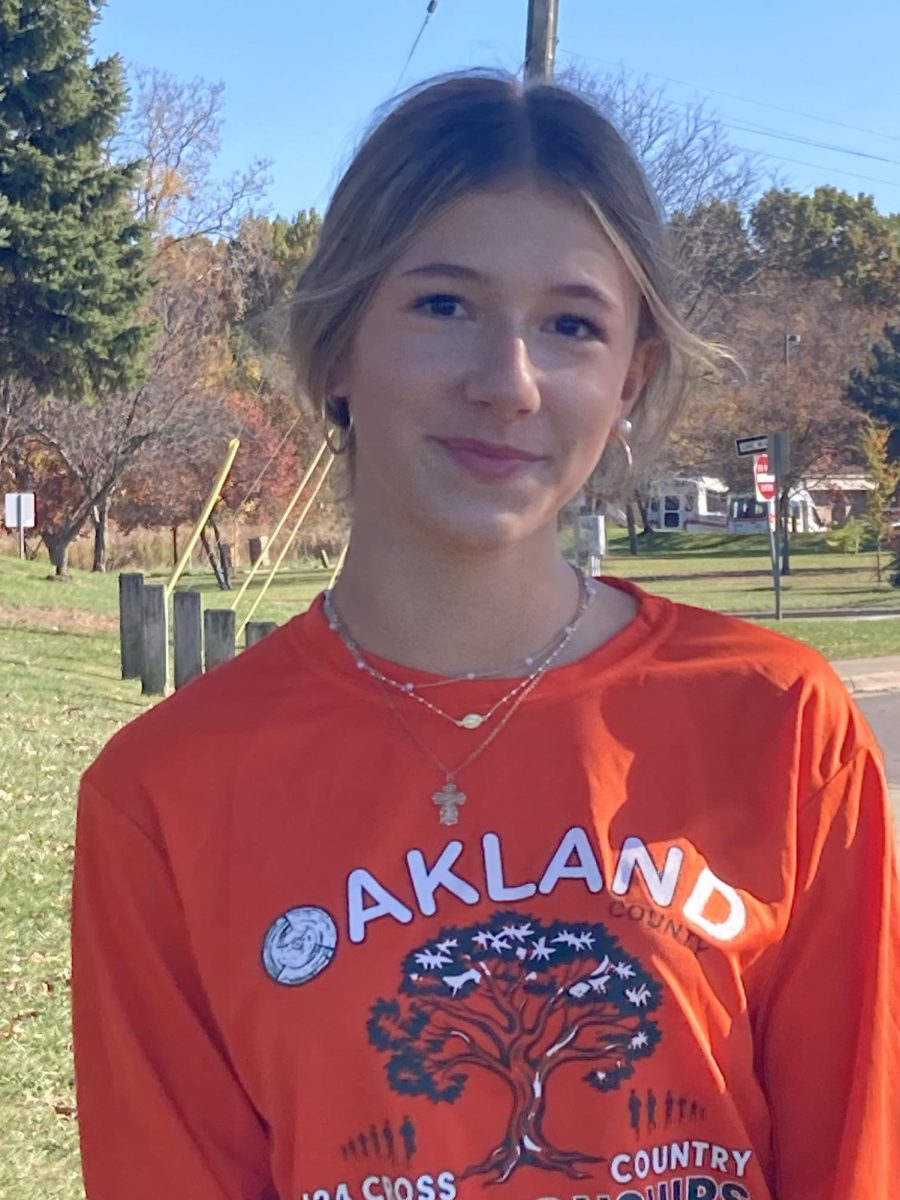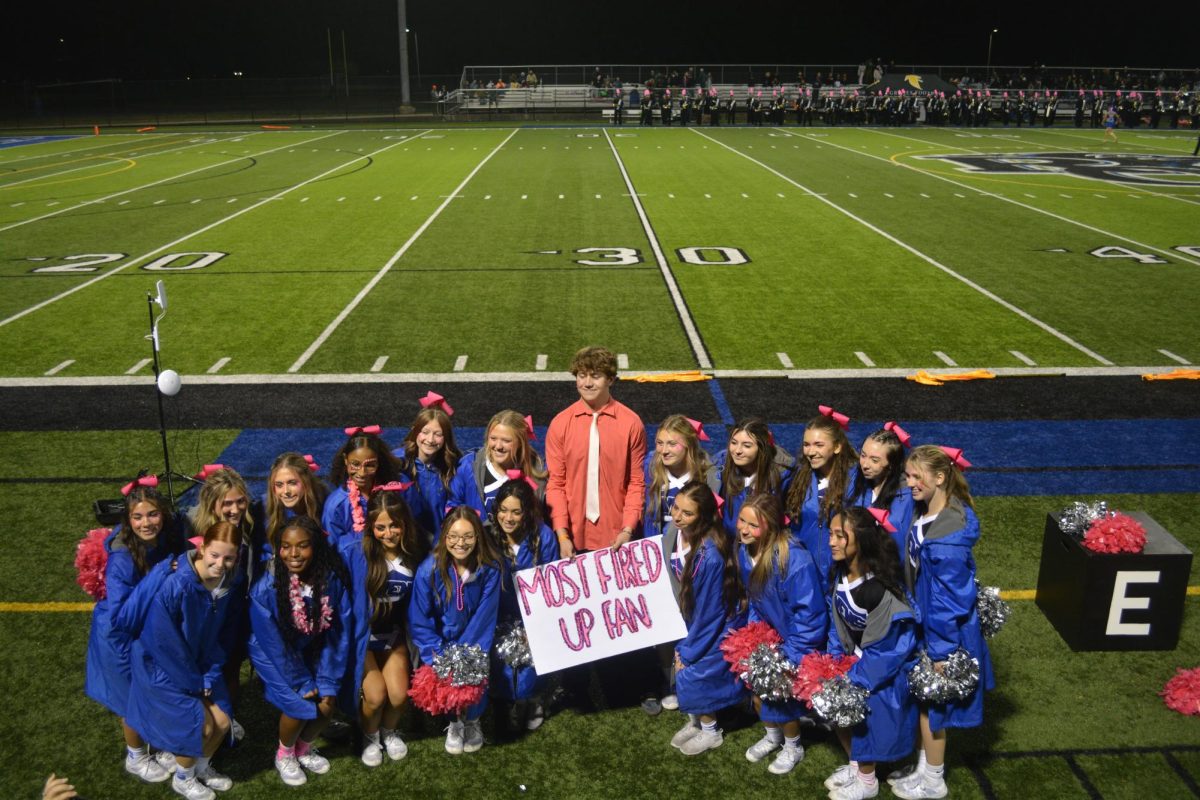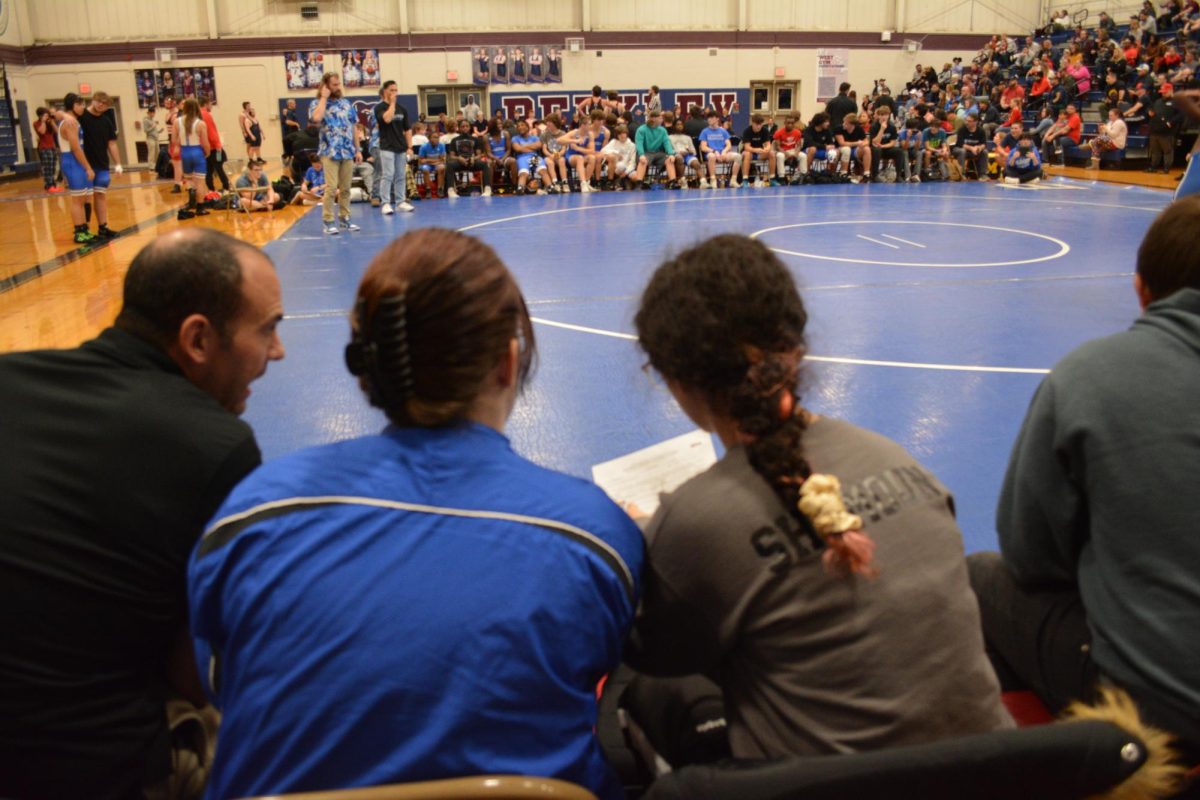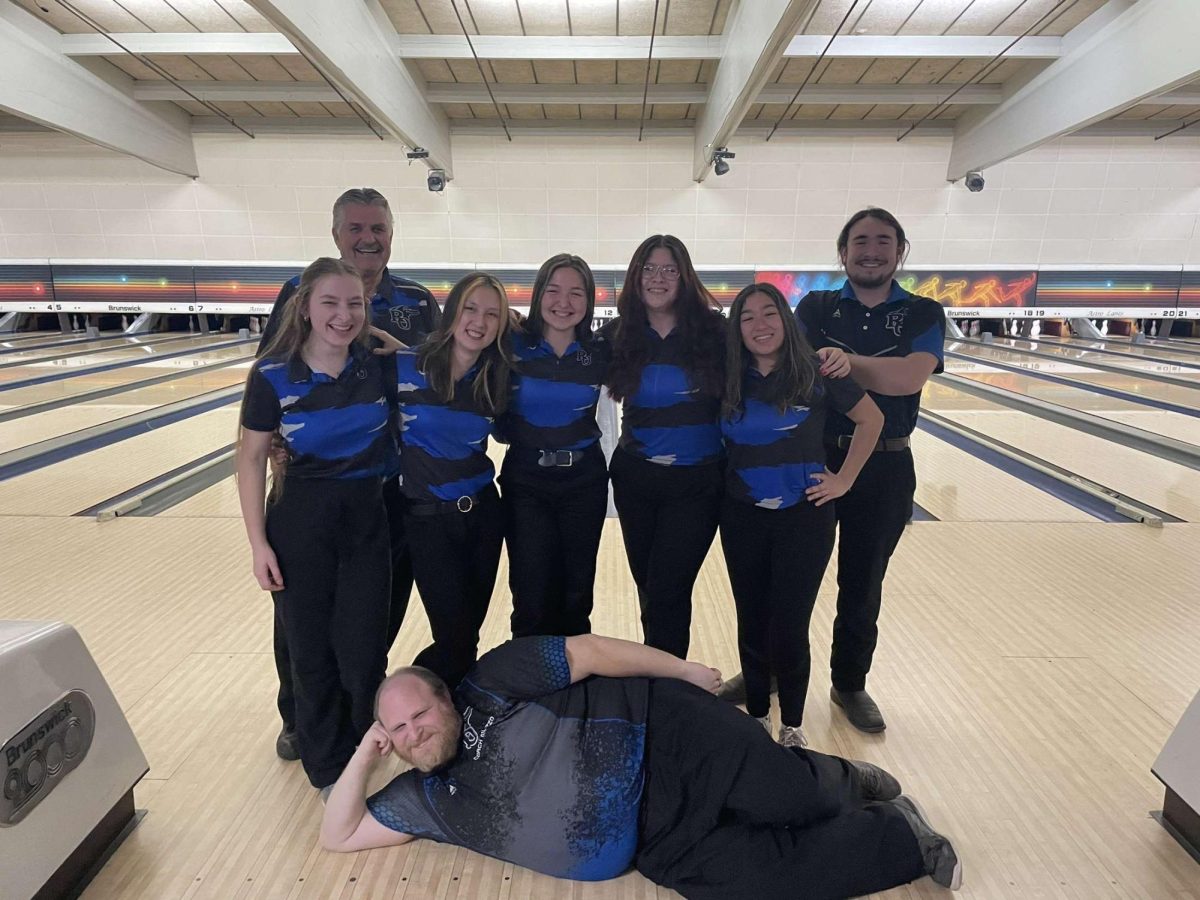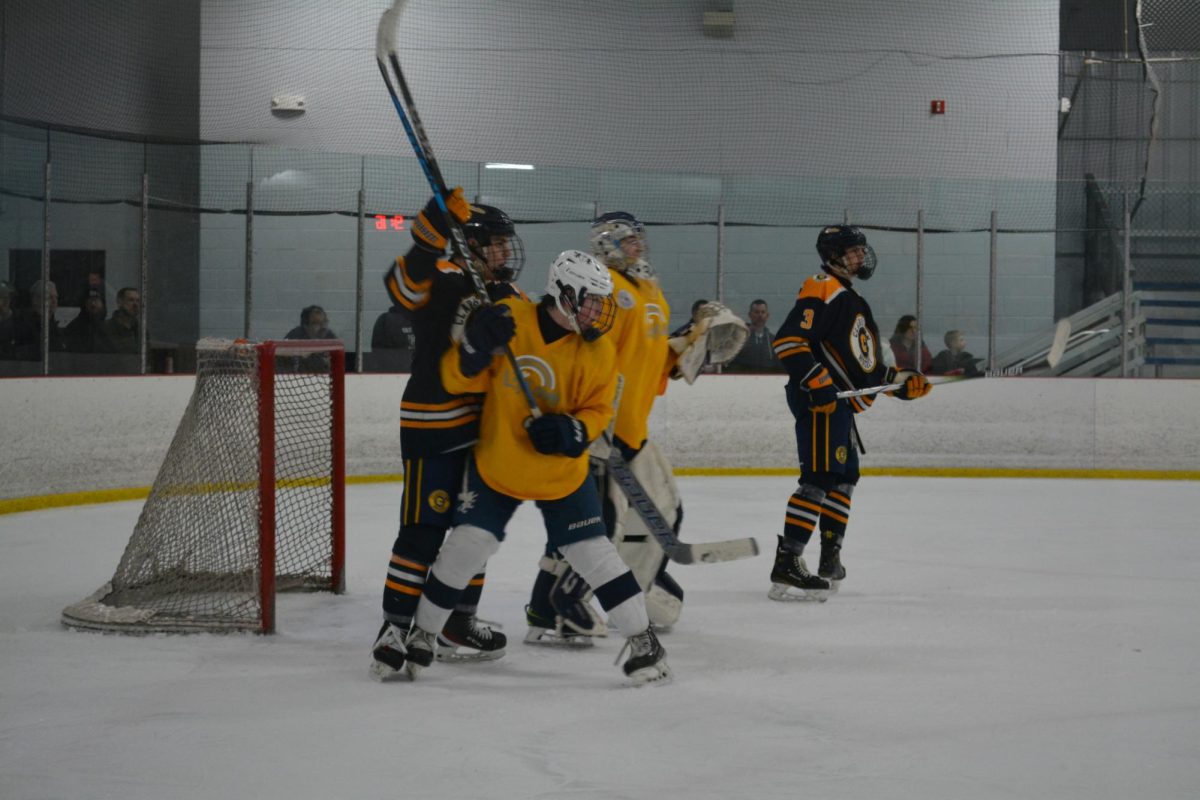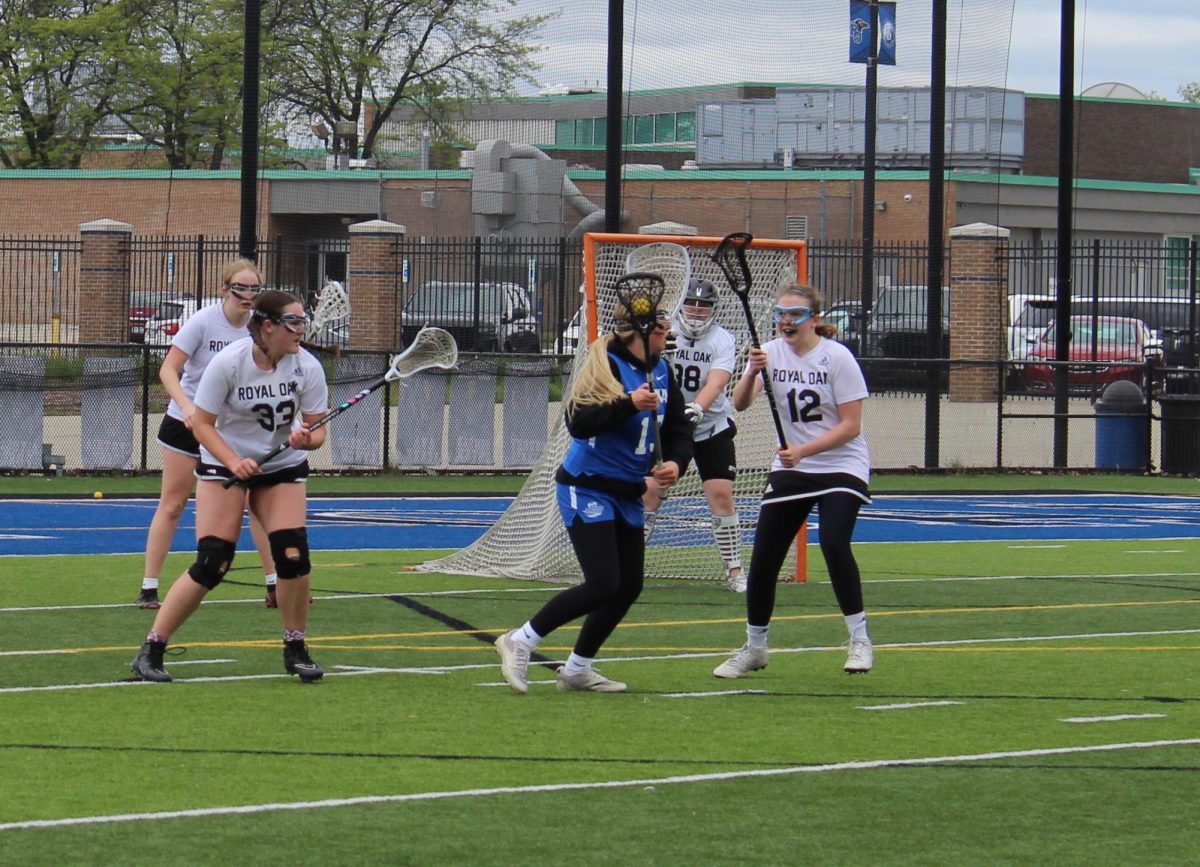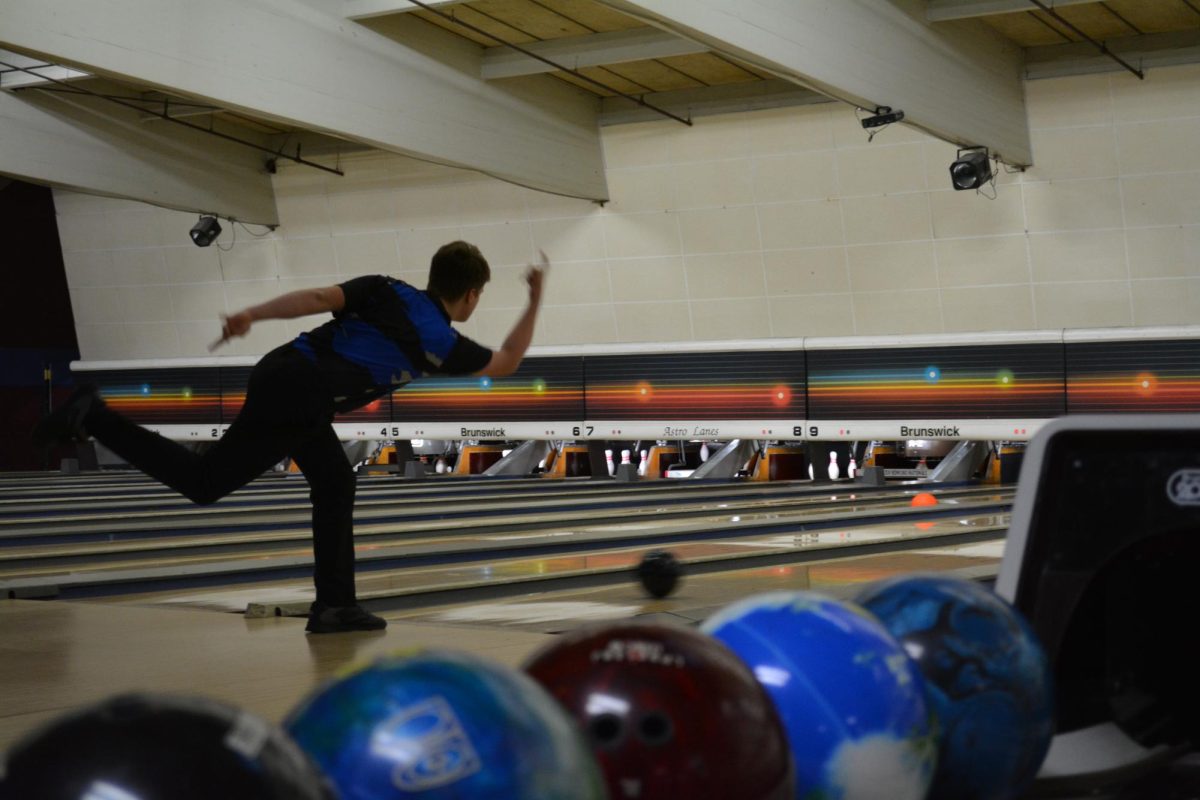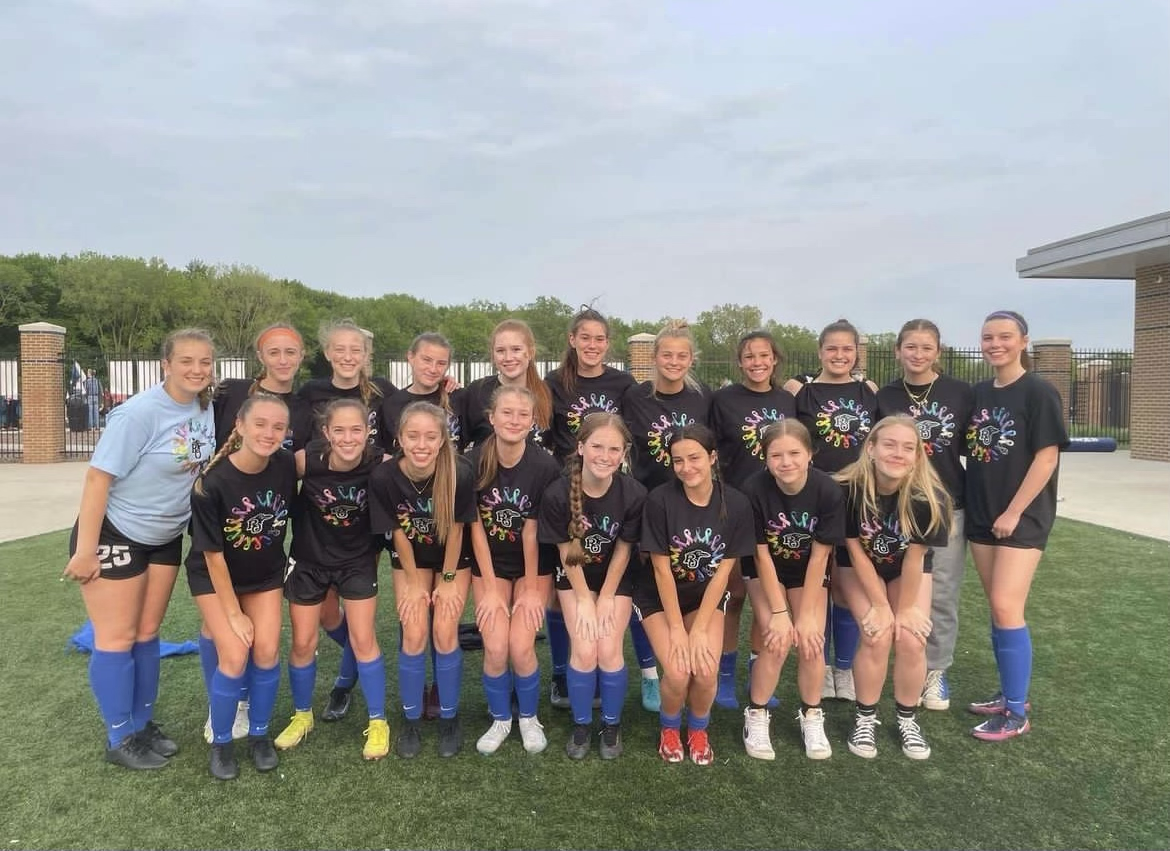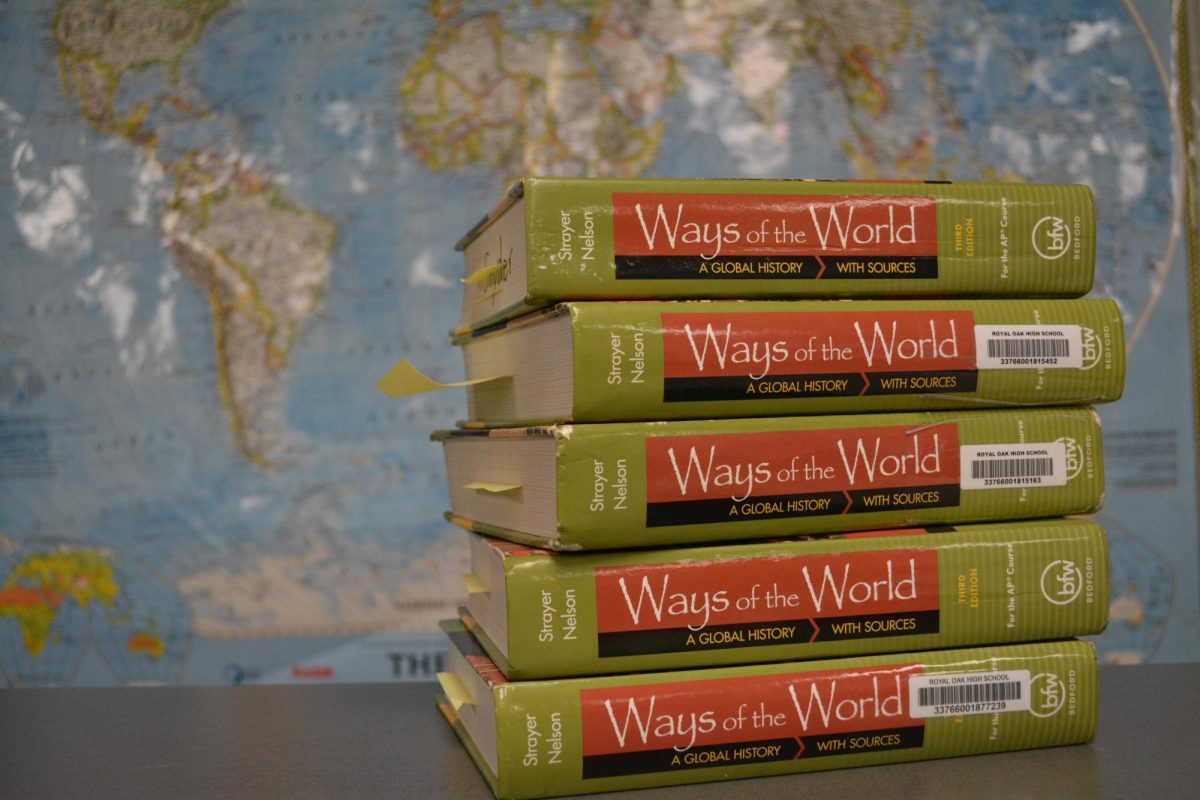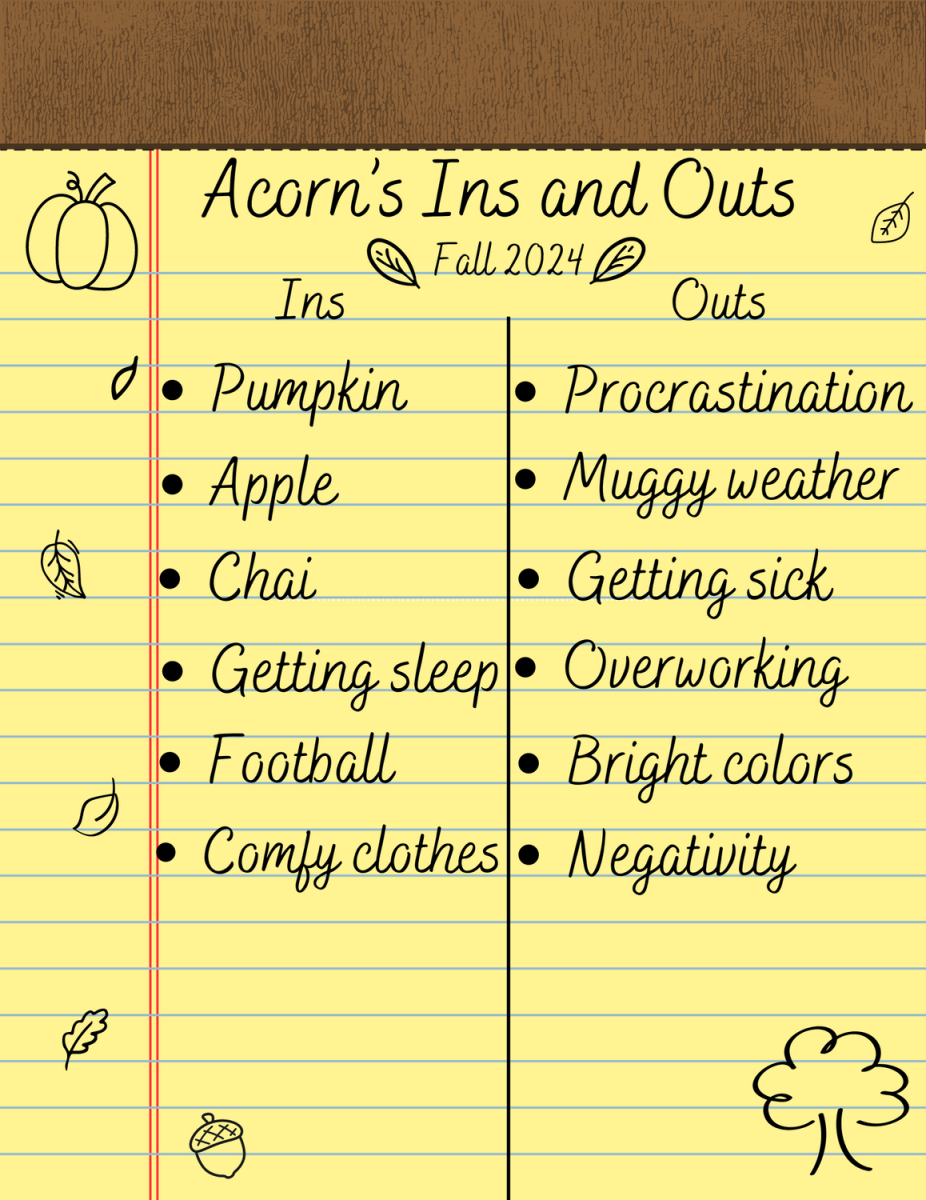Misinformation has been an extensive theme throughout the entirety of humanity’s history. Throughout generations, we’ve witnessed the effect misinformation has on different cultures and society as a whole. Misinformation is generally inadequate and unreliable, leading people through loopholes that stray from the overall truth. So what’s the full extent of how misinformation is currently viewed and treated in the media, and how is it taught in schools?
In today’s climate, misinformation is a melting pot. As social media has risen in popularity, misinformation spreads as easily as a rumor; but where exactly does this falsity stem from and why is it even a thing? Britney Laurent, a teacher who currently works in our history curriculum, stated, “All people just want to be understood and validated, but more importantly throughout history, they want to be justified, and what better way to be justified than to be in control of it…” We’ve seen cases like what Britney Laurent brought up about for centuries. For example, something that stretches back for a millennia, and is still relevant today is book bannings.
Books have been a crucial way to inform people for hundreds of years, but what happens when access to a multitude of information is denied? It can greatly impact the way people learn and how others find and recognize what misinformation is. Today especially, it is extremely easy to spread misinformation since the rise of social media. Information spread across the internet has a major risk of being warped to make it appear valid and real. To the untrained eye, it can be exceptionally difficult to discern fact from fiction, therefore it is necessary to check for reliable sources and furthermore, compare both sides of a story. Book banning not only prohibits identifying misinformation but also limits growth and opportunity.

The coverage of both sides of an argument or story, and the ability to have a civil discourse in today’s society should be expected, after so many years of challenging misinformation. Unfortunately, as many have seen, there’s been much going back and forth, arguing what is and what is not misinformation, which makes it difficult to determine the utter truth of anything. Normalizing having both sides of an argument as well as the chance to have civil discourses will be our best chance at stepping in the direction of having certain mediums in our modern-day society, to allow others safe forms of self-expression and identification.
The spread of misinformation is not just affected by social media, but is spread from our parents and what we learn and teach in schools as well. A student a part of ROHS’s Diversity Club, Nathaniel Tyler mentioned “We have to realize that the winners write history, so we don’t get to hear from the side that loses.” In our school, we have the privilege of having electives such as a social justice course to spread awareness about certain topics that aren’t as widely discussed in other communities. Unfortunately, classes like social justice may be harder to sit through because of the jarring topics that are openly acknowledged. Despite these distressing topics, it is necessary to cover these issues to know and understand what people in history underwent to not repeat our grim history.
All stereotypes and prejudices are taught and pushed down from generation to generation. To stop misinformation from spreading, those who have influence must take the liberty to be correctly informed so they do not unwillingly spread misinformation to younger generations. Nathaniel Tyler commented on the issue, “If we can’t have a conversation, there will never be a sense of world peace.” Stepping in the right direction and putting a stop to misinformation should be the priority of many if not all. Our education system relies on information produced by history. Righting the wrongs that were made by the winners of history, is only the beginning of rewriting what has been told for centuries.


